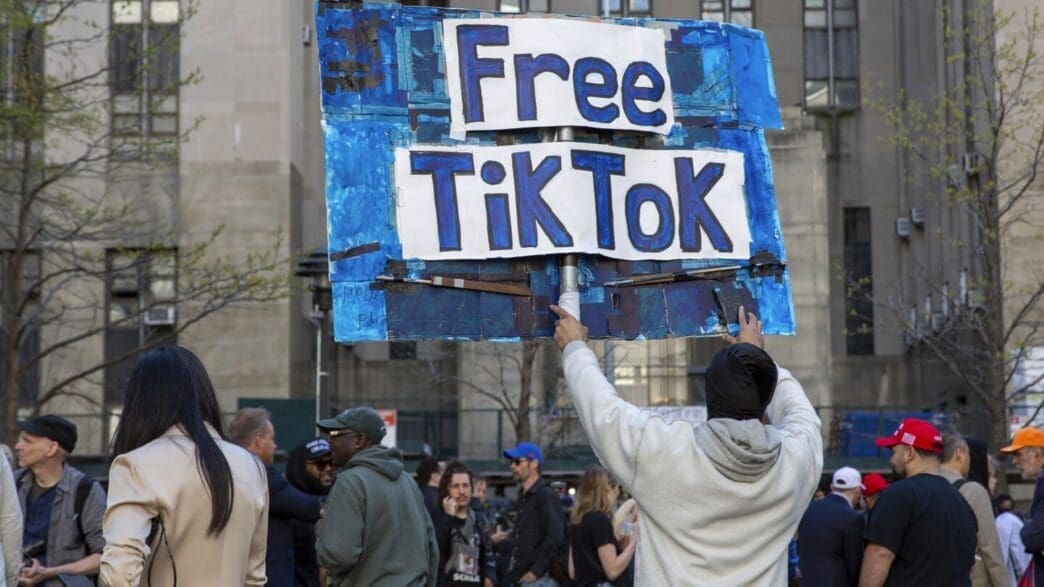TikTok’s position in the United States has been precarious following a unanimous decision by a panel of judges from the U.S. Court of Appeals for the District of Columbia Circuit. The court upheld a statute requiring TikTok to sever its ties with ByteDance, its parent company, in an effort to address national security concerns. The law aims to prevent foreign adversaries from controlling platforms that manage vast amounts of user data. TikTok and ByteDance argued that the law violated their constitutional rights, including the First Amendment, but the court disagreed.
The Justice Department has maintained that TikTok poses potential national security risks due to its connection with China, suggesting that Chinese authorities could compel ByteDance to surrender data or manipulate content. However, concrete evidence supporting these claims has not been made public. Judge Douglas Ginsburg, representing the appeals court, stated that the law was specifically designed to prevent control by foreign adversaries and did not infringe on the First Amendment as it did not suppress or mandate specific content on TikTok.
Looking ahead, TikTok and ByteDance plan to escalate the case to the Supreme Court. A spokesperson for TikTok expressed optimism that the Supreme Court, with its history of protecting free speech, will address this constitutional matter favorably. Alan Morrison from The George Washington University Law School anticipates that the Supreme Court will engage with the case due to its unique challenges. If accepted, TikTok must secure an emergency stay to halt the enforcement of the January 19th divestiture deadline, potentially prolonging proceedings until a decision is reached.
Meanwhile, the impending presidential administration change adds another layer of complexity. President-elect Donald Trump, previously an advocate for TikTok’s ban, has signaled a change in stance, promising to ‘save TikTok.’ Yet, specifics on how he plans to mitigate the law’s requirements remain undefined. As of January 20th, any enforcement would fall under Trump’s jurisdiction, which could include measures against app stores or internet services hosting TikTok unless instructed otherwise.
ByteDance’s stance against selling TikTok complicates matters further. Even if a sale were considered, Chinese export controls could obstruct the transfer of TikTok’s proprietary algorithm, crucial to its operation. Investors, including billionaire Frank McCourt, have shown interest, with McCourt’s Project Liberty initiative reportedly gathering significant capital to pursue a buyout. The situation remains fluid, with stakeholders closely monitoring the unfolding legal and political developments.
As TikTok navigates through legal and political challenges, its future in the U.S. remains uncertain. The next few months will be critical in determining the platform’s fate, balancing national security concerns with the rights of both TikTok and its extensive user base.
Source: Apnews








